What are the contents of an e-invoice in Vietnam?
What are the contents of an e-invoice in Vietnam?
Based on Article 10 of Decree 123/2020/ND-CP and Article 4 of Circular 78/2021/TT-BTC, the regulations on the contents of e-invoices include:
- Invoice name, invoice code, invoice template symbol.
- Name of invoice copy applicable to invoices printed by the tax authority as guided by the Ministry of Finance.
- Invoice number.
- Name, address, tax identification number of the seller.
- Name, address, tax identification number of the buyer.
- Name, unit of measure, quantity, unit price of goods/services; total amount before value-added tax (VAT), VAT rate, total VAT by each tax rate, total VAT, total payment amount including VAT.
- Signature of the seller, signature of the buyer.
- Time of invoice issuance.
- Time of digital signing on the e-invoice.
- Tax authority code for e-invoices with the tax authority code.
- Fees, charges belonging to the state budget, commercial discounts, promotions (if any) as guided at point e, clause 6 of this Article, and other related contents (if any).
- Name, tax identification number of the organization receiving the invoice for invoices printed by the tax authority.
- Script, numeric and currency units displayed on the invoice.
- Other contents on the invoice.
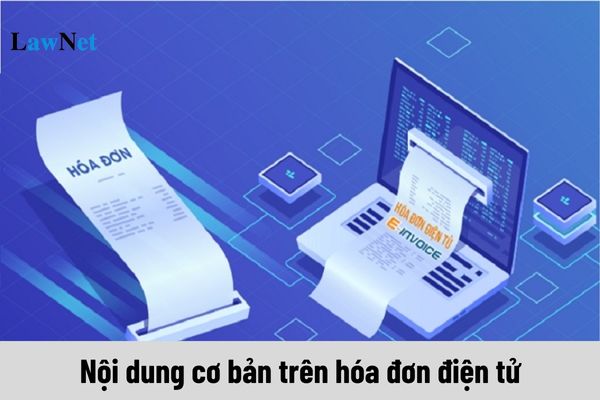
What are the contents of an e-invoice? (Image from the Internet)
What contents are not required on an e-invoice in Vietnam?
Based on clause 14, Article 10 of Decree 123/2020/ND-CP, the contents not required on an e-invoice include:
- An e-invoice does not necessarily need the buyer's digital signature (including in cases where an e-invoice is issued when selling goods or providing services to overseas customers). If the buyer is a business entity and the buyer and seller agree on the technology conditions to have a digital signature on the e-invoice issued by the seller, the e-invoice will have the digital signature of both parties as per their agreement.
- For e-invoices issued by the tax authority for each arising occasion, the digital signature of the seller and buyer is not required.
- For e-invoices issued at supermarkets and commercial centers to individual non-business buyers, the invoice does not need the buyer's name, address, and tax identification number.
For e-invoices for gasoline sales to individual non-business buyers, it is not necessary to include the invoice name, invoice template code, invoice symbol, invoice number; buyer's name, address, tax identification number; buyer’s digital signature; seller’s digital signature; VAT rate.
- For e-invoices in the form of stamps, tickets, cards, the seller's digital signature is not required on the invoice (except when stamps, tickets, cards are e-invoices issued with a tax code); buyer's information (name, address, tax identification number), tax amount, VAT rate. If electric stamps, tickets, and cards have a fixed denomination, the unit price, quantity, and unit fields are not required.
- For e-records of air freight services issued through websites and e-commerce systems made according to international practices for individual non-business buyers, it is not considered as an e-invoice, and thus does not need an invoice symbol, invoice template code, invoice number, VAT rate, tax identification number, buyer's address, or seller’s digital signature.
If a business organization or non-business organization purchases air transport services, then e-records of air transport services issued through websites and e-commerce systems made according to international practices for the organization's individual buyers are not considered as an e-invoice. Air transport service businesses must issue e-invoices with all contents regulated for the organization having individual utilization of air transport services.
- For invoices in construction, installation activities, selling houses with installment payments according to contracts, measurement unit, quantity, unit price are not required on the invoice.
- For Internal Dispatch Notes cum Internal Transfer Notes, the Internal Dispatch Note cum Internal Transfer Note should include information related to the internal order, recipient, dispatcher, source warehouse location, receiving location, transport vehicle. Specifically: the buyer's name reflects the recipient, the buyer's address reflects the receiving warehouse location; seller's name reflects the dispatcher, seller's address reflects the source warehouse location and transport vehicle; taxes, VAT rate, and total payment amount are not reflected.
For Dispatch Notes for goods sent to agents, such notes should include information such as economic contracts, transporters, transport vehicles, source warehouse location, and receiving location, product/goods name, unit of measure, quantity, unit price, and total amount. Specifically: include contract number, date, signed between organizations and individuals; transporter’s full name, transport contract (if any), seller's address reflecting the source warehouse location.
- Invoices used for Interline settlements between airlines, created according to the regulations of the International Air Transport Association, do not need the following criteria: invoice symbol, invoice template code, buyer’s name, address, and tax identification number, buyer’s digital signature, unit of measure, quantity, and unit price.
- Invoices issued by aviation businesses selling to agents as the invoices issued following reconciled reports between the two parties and summarized lists do not need to include the unit price.
- For construction, installation, production, supply of products, and services by defense and security enterprises serving defense security activities as specified by the Government of Vietnam, the invoice does not need to include the measurement unit, quantity, unit price; the goods/services name part records the supply of goods/services according to the contract signed between the parties.
What acts are prohibited in the field of invoices and records in Vietnam?
Prohibited acts concerning invoices and records are regulated in Article 5 of Decree 123/2020/ND-CP as follows:
- For tax officials:
+ Causing inconvenience and difficulty to organizations and individuals purchasing invoices and records;
+ Engaging in acts of protection or collusion with organizations and individuals to use unlawful invoices and records;
+ Accepting bribes during invoice inspections and examinations.
- For organizations and individuals selling, providing goods and services, and those with related rights and obligations:
+ Engaging in fraudulent behaviors such as using unlawful invoices or using invoices unlawfully;
+ Obstructing tax officials in the fulfillment of their official duties, specifically acts causing harm to the health and dignity of tax officials during inspections and examinations concerning invoices and records;
+ Unauthorized access, alteration, or destruction of information systems about invoices and records;
+ Offering bribes or engaging in other actions related to invoices and records for illicit gain.

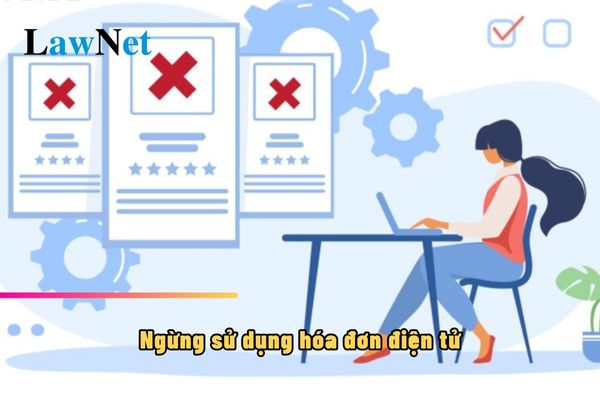
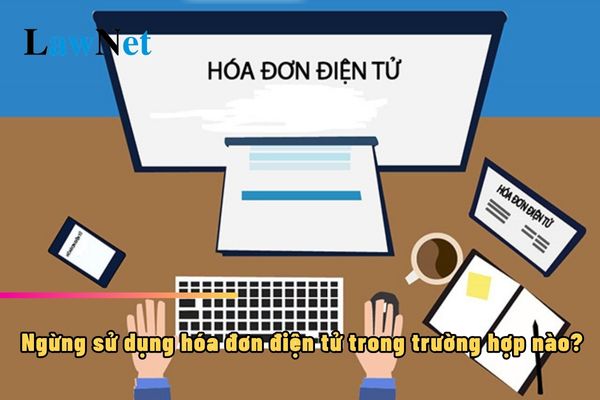
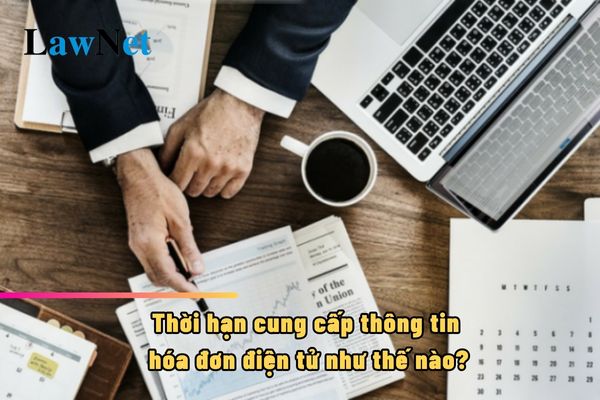
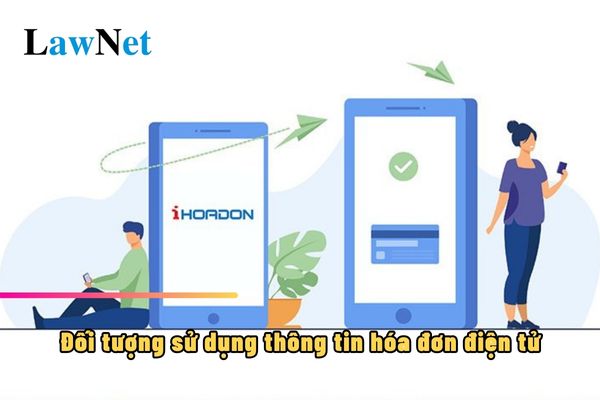
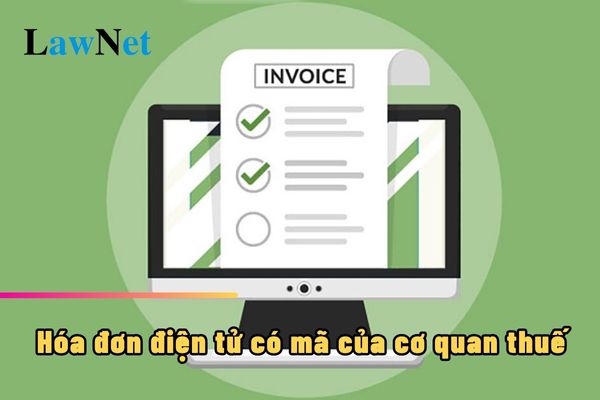
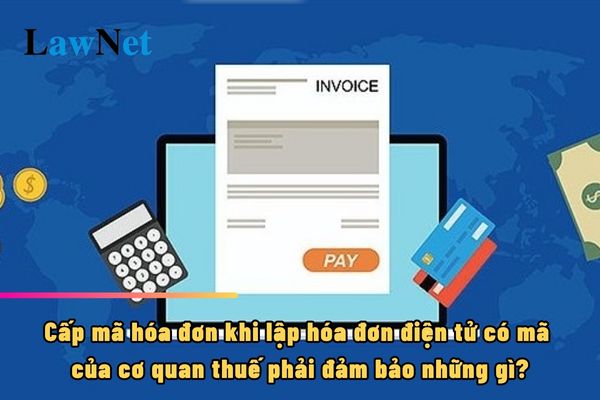
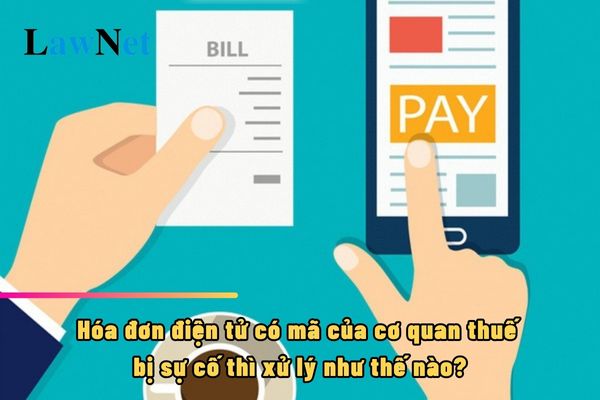
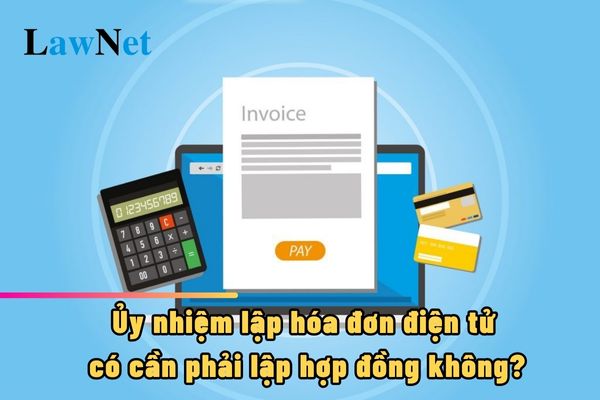
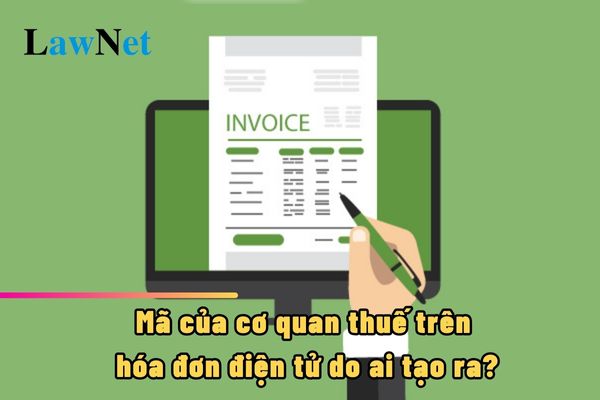
- What entities may buy duty-free goods without any restriction in terms of quantity in Vietnam?
- How is the e-tax payment time determined in Vietnam?
- How many times can an e-transaction verification code be used in Vietnam?
- Who is eligible for deadline extension for land rent payment in Vietnam in 2024 under Decree 64?
- What are responsibilities of the tax authority in organizing an electronic tax information system for e-tax transactions in Vietnam?
- Is the chief of the inter-commune tax team a member of the tax advisory council of a commune in Vietnam?
- Cases eligible for deadline extension of terminal tax declaration dossier in Vietnam
- What are the conditions for representatives of household businesses and individual businesses to participate in the tax advisory council of a commune in Vietnam?
- Who is the president of the tax advisory council of a commune in Vietnam?
- Vietnam: May e-tax transactions be carried out at 11 PM?

